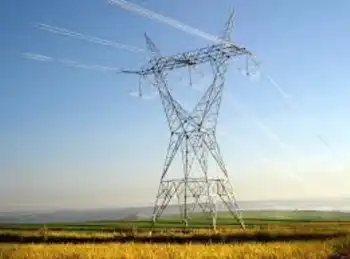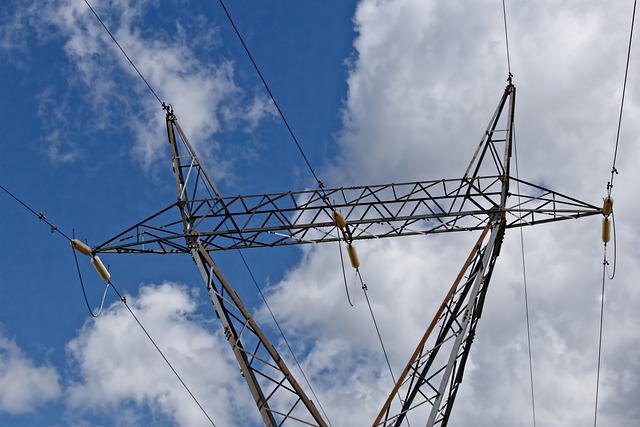OEB completes majority of green energy initiatives
The amendments to the DSC reduce the level of costs that renewable generators must pay to connect to distribution systems.
The amendments to the TSC facilitate the timely development of transmission "enabler" facilities designed to connect clusters of renewable projects and provide for renewable generators to pay for their pro-rata share of the cost of those facilities as they connect.
The new cost responsibility rules preserve incentives to encourage economically efficient connections.
With the release of these Code amendments, the OEB has now completed a majority of its current green energy initiatives.
Other initiatives that have been concluded relate to: (i) the allocation of capacity to connect renewable generation projects to distribution systems; (ii) the billing and settlement of renewable generation projects that have a contract issued under the Feed-in-Tariff program; (iii) initial guidance on distribution system planning; and (iv) the accounting treatment of renewable generation facilities owned by electricity distributors.
Together, these initiatives contribute to an integrated approach to investment, planning, and cost allocation and lay the framework for appropriate and reliable electricity infrastructure development consistent with the OEB's objectives, including its new objectives under the Green Energy Act.
Related News

Electricity Market Headed for a Reshuffle as Province Vows Overhaul
ALBERTA - Alberta's electricity market is on the precipice of a significant transformation. The province, long reliant on fossil fuels for power generation, has committed to a major overhaul by 2027. This ambitious plan promises to shake up the current system, but industry players are wary of a lengthy period of uncertainty that could stifle much-needed investment in the sector.
The impetus for change stems from a confluence of factors. Soaring energy bills for consumers, coupled with concerns about Alberta's environmental footprint, have pressured the government to seek a more sustainable and cost-effective electricity system. The current market, heavily influenced…




